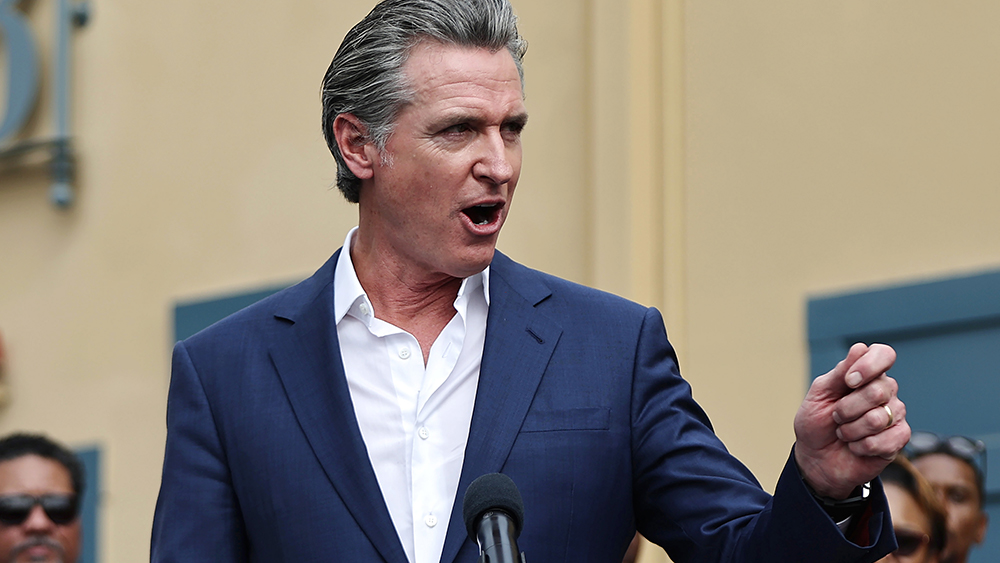
- Health and Human Services Secretary Robert F. Kennedy Jr. is advocating for cellphone restrictions in schools to protect children’s mental and physical health while improving academic focus, with nine states already implementing bans.
- Research links excessive smartphone use to neurological damage, depression, anxiety and poor academic performance due to factors like radiation, blue light exposure and dopamine disruption.
- Schools in states like Florida and Virginia report fewer distractions, better classroom dynamics and improved student interactions after implementing restrictions. Public support is strong, with 71% of Americans favoring some form of ban.
- Some parents oppose bans due to concerns about staying connected with their children, though Kennedy emphasizes local decision-making by parents and teachers.
- The movement mirrors past efforts to balance technology in education, aiming to create healthier, more engaged classrooms — akin to pre-smartphone learning environments.
In an era where digital distractions dominate daily life, a growing movement is pushing back — starting in the classroom. Health and Human Services Secretary Robert F. Kennedy Jr. is leading the charge, advocating for cellphone bans in schools to protect children’s mental and physical health while restoring academic focus. With nine states already implementing restrictions, the movement is gaining momentum — and the benefits could be transformative.
The health risks of constant connectivity
Kennedy’s warnings are stark: Cellphones emit electromagnetic radiation that may contribute to neurological damage, cellular dysfunction and even cancer. “Cell phones produce electric, magnetic radiation, which has been shown to do neurological damage to kids when it’s around them all day,” he told Fox and Friends. Research supports a multitude of reasons to be cautious with cell phone use in children ranging from blue light damage and radiation to dopamine distruption and mental and social development -- the immediate consequences of excessive screen time are undeniable.
Studies link smartphone overuse to rising rates of depression, anxiety and suicidal ideation among youth. A meta-analysis of 25 studies found a clear correlation between wireless device use and worsening mental health in children. Social media, in particular, has been tied to poor academic performance and substance abuse. “Cell phone use and social media use on the cell phone has been directly connected with depression, with poor performance in schools, with suicidal ideation, with substance abuse,” Kennedy emphasized.
This isn’t just a modern dilemma — it’s a historical turning point. Before smartphones, classrooms were spaces of direct engagement, where students focused on teachers, books and peer interactions. The shift to constant connectivity has rewired attention spans, with educators reporting unprecedented challenges in maintaining student focus.
The success of school bans — and why teachers love them
States like Florida, California and Virginia have already enacted cellphone restrictions, and the results are promising. Kennedy highlighted his visit to a Virginia school with Governor Glenn Youngkin, noting, “The schools that have implemented the ban are doing better.” Teachers report fewer distractions, improved classroom dynamics and even better social interactions among students.
A recent survey by Talker Research found that 71% of Americans support some form of school cellphone ban, with 78% citing educational distractions as their top concern. The most popular compromise? Allowing phone use only during breaks—a policy backed by 56% of respondents.
Historically, schools have adapted to technological shifts — from banning calculators in math classes to restricting early personal devices like pagers. Today’s push mirrors past efforts to balance innovation with well-being. As Kennedy noted, other countries that have banned phones report healthier learning environments.
Parental concerns and the path forward
Despite broad support, some parents resist bans, fearing they’ll lose contact with their children. In the survey, 58% of opponents cited the need to reach their child at any time. Yet Kennedy stresses that the decision should remain local: “Parents and teachers should be in charge.”
The debate reflects a deeper tension in the digital age: how to harness technology’s benefits without surrendering to its pitfalls. For now, the movement toward phone-free schools offers a beacon of hope—a chance to reclaim focus, foster resilience and prioritize human connection over screens.
As Kennedy’s campaign gains traction, the hope is clear for classrooms of the future to look more like the past — healthier, quieter and more engaged. And that’s a lesson worth learning.
Sources include:
Please contact us for more information.


















